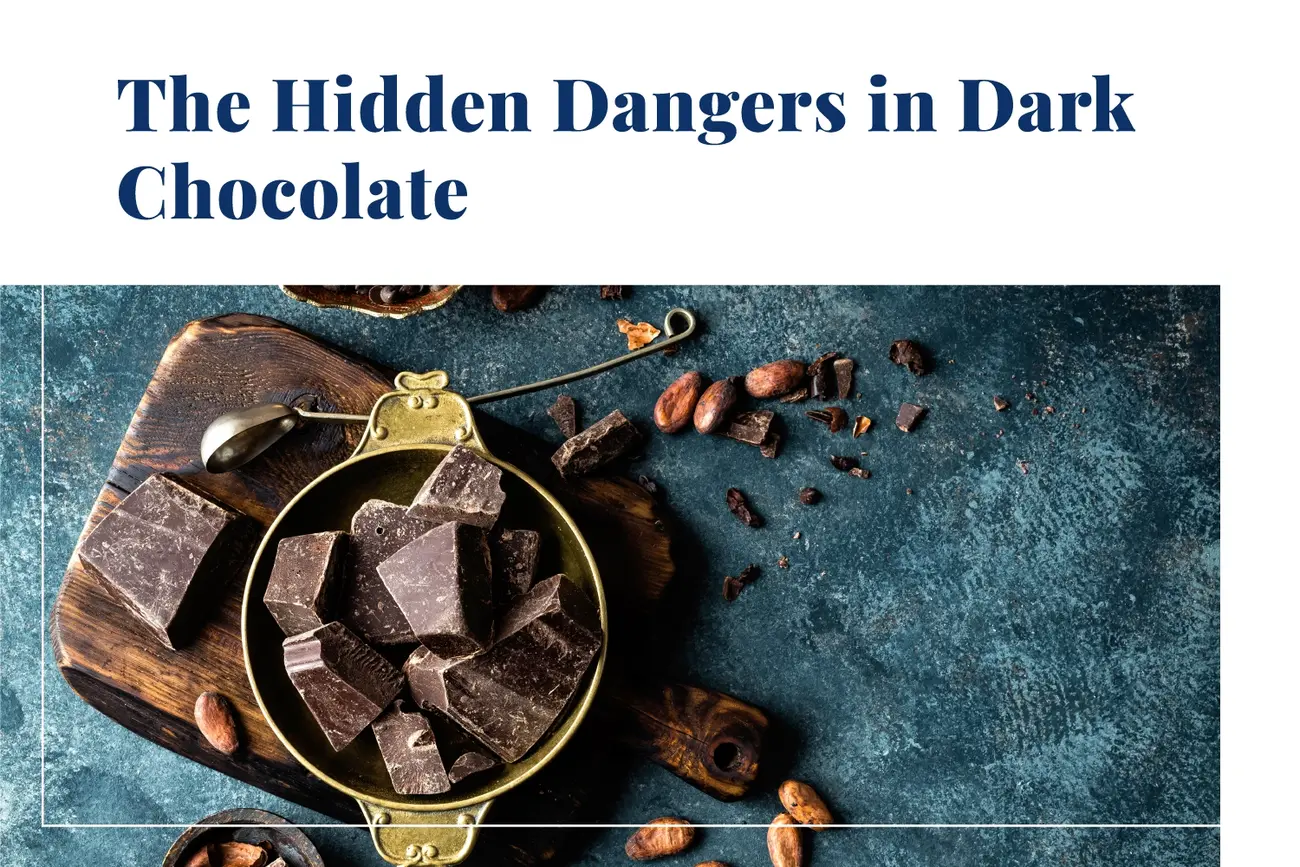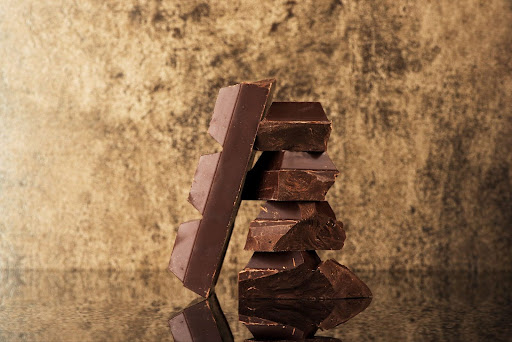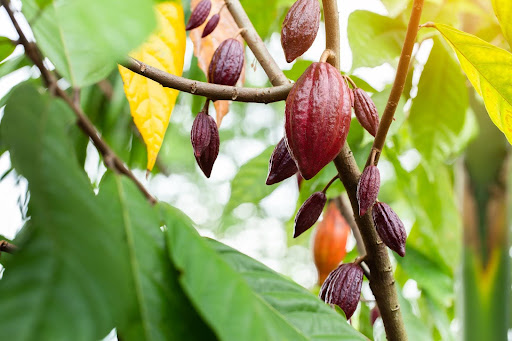The Hidden Dangers in Dark Chocolate

Hey there,
Eric Thompson here.
I just found out about something that was a bit of a shocker…
And it’s related to dark chocolate.
My favorite treat after a meal.
Yes, that’s right, the very same dark chocolate I’ve recommended for its benefits in decalcifying the pineal gland…

Has recently come under scrutiny.
I know many of you, like me, enjoy indulging in this treat, so let’s unpack what’s going on.
The Sweet Truth
For years, I’ve touted the benefits of dark chocolate…
Especially for its role in helping to decalcify the pineal gland.
Its rich content of antioxidants and natural compounds makes it a powerful ally in our journey toward better health.
However, a recent study has uncovered a less savory aspect of this delicious treat:
Contamination with heavy metals like lead and cadmium.
Researchers at George Washington University and ConsumerLab.com conducted an extensive eight-year study.
They tested 72 popular cocoa products, including dark chocolate bars and cocoa powder.

Their findings revealed that a significant number of these products contained levels of lead and cadmium…
That exceeded California’s Prop 65 standards.
What’s even more surprising is that organic chocolates…
Were more likely to contain higher levels of these heavy metals than conventional options.
Why the Contamination?
You might be wondering how these heavy metals end up in our beloved dark chocolate.
Lead and cadmium are environmental contaminants that can enter the food supply through soil, water, and air.

Cocoa plants, which absorb these contaminants, are particularly efficient at soaking up these heavy metals.
After the beans are harvested, they’re dried, sometimes in environments that can further expose them to pollution.
The contamination doesn’t stop there.
Dark chocolate, with its higher cocoa content…
Naturally ends up with more concentrated levels of these metals compared to milk chocolate.
It’s a clear reminder of the nature of environmental pollution and its impact on even the healthiest foods.
What Does This Mean for You?
So, should you stop eating dark chocolate altogether?
Not necessarily.
The key, as always, is moderation and being informed.
Experts suggest that limiting your intake to about 1 ounce per day is generally safe.
Diversify your diet to avoid the accumulation of heavy metals…
And practice moderation to keep your exposure levels low.
Here’s the good news:
Dark chocolate still offers numerous health benefits when consumed wisely.

However, it’s essential to stay updated on the latest research and choose products that have lower contamination levels.
Keep an eye on your diet and make informed choices to mitigate the risks associated with heavy metals.
The Pros and Cons
This discovery may feel like a setback, especially for those of us who have switched to dark chocolate for our sweet treats.
But remember, we can decalcify our pineal gland through various methods.
I recommend incorporating other foods and practices into your routine to support pineal gland health.
Regular meditation, a balanced diet rich in antioxidants, and staying hydrated are all crucial components.
Sweet Alternatives to Dark Chocolate and Sugar
If you’re looking for healthier ways to satisfy your sweet tooth without relying on dark chocolate or refined sugar…
(At least I was for the last few hours)
There are plenty of delicious alternatives.
Natural sweeteners like honey, maple syrup, and agave nectar can add sweetness to your dishes…

Without the harmful effects of processed sugars.
You can also enjoy fresh fruits, which are naturally sweet and packed with vitamins, minerals, and antioxidants.
Dates and dried fruits are excellent for adding sweetness to your baking or snacks.
Experiment with these options to find tasty and healthful ways to enjoy sweet treats.
Staying Empowered and Informed
Yes, the presence of heavy metals in dark chocolate is concerning…
But it’s not a reason to panic.
That’s why this newsletter is here for you.
So you can stay informed and make conscious choices.
That way, you can continue to enjoy your favorite treats while protecting your health.
Which, of course, includes your pineal gland.
Let’s use this knowledge to enhance our well-being and stay committed to our spiritual and physical growth.
Stay proactive, embrace a variety of methods, and keep informed about the latest research.
Together, we can navigate these challenges and continue to thrive.
See you next time,
Eric Thompson
PS: Feel free to hit reply and share your thoughts or any personal experiences you have had with dark chocolate or other foods. Your insights are always valued!

